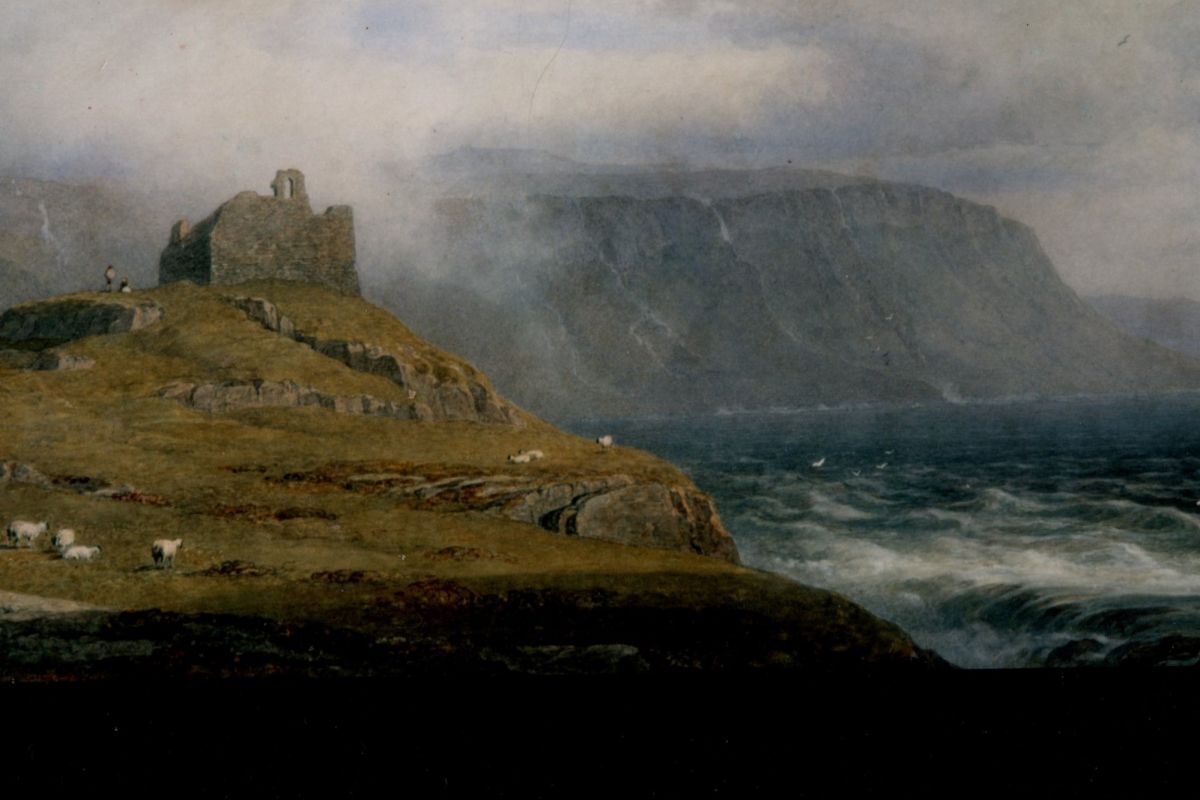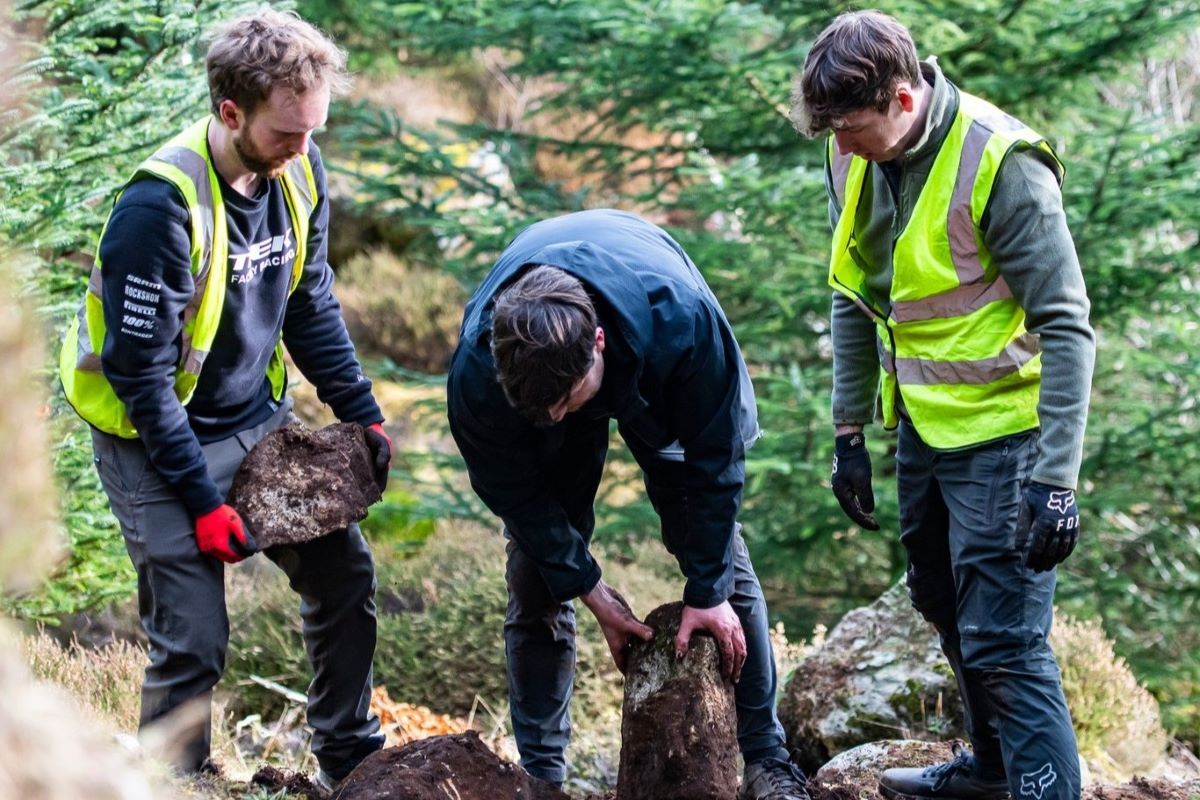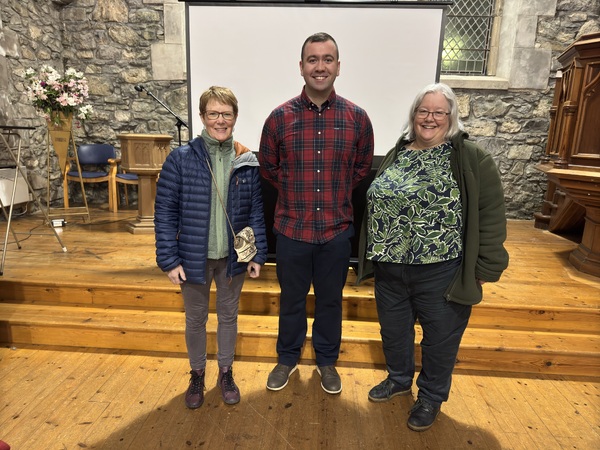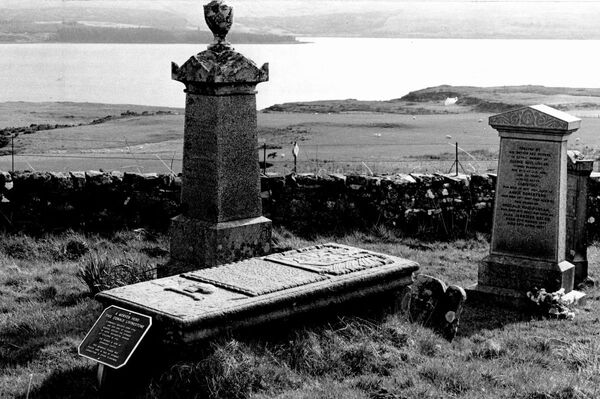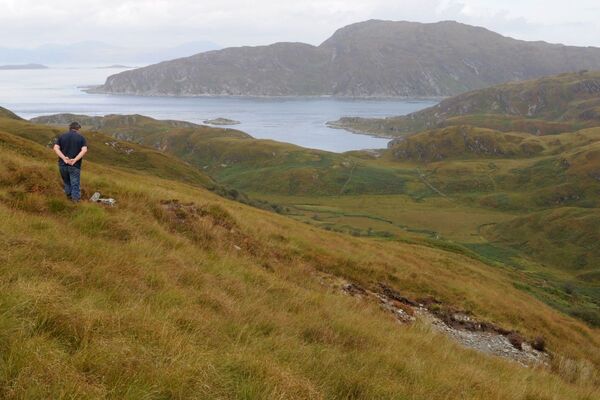The “good” old days?
Who knows how much rain has fallen on Morvern in the past few weeks but if I said several feet I doubt if anyone would argue.
Many fields are water-logged because of poor drainage and the main roads are running like burns for the want of some basic maintenance.
Bring back the conscientious old farmers and the former county council road-section men – at least they had some pride in their work and were accountable.
Fortunately, most properties in the parish are built on hillsides, unlike those on the Somerset levels, so no sand-bags have been needed yet.
It seems that the weather was no better in bygone times, long before ‘global warming’ was ever mentioned.
In 1782 a snowstorm raged across the parish, the like of which had not been seen since records began, and when the snow melted it caused extensive flooding. The snow began to fall on March 7 and lasted many weeks, putting paid to the usual spring activities. One man’s ploughing was interrupted and by the time he was able to resume he found that a bird and made a nest inside his horse’s collar, which he had left hanging on a nearby tree.
Towards the end of November 1868 there was another heavy snowfall creating more flooding. The River Aline overflowed and flooded a cottage in the field beyond Rose Cottage, which the occupants had to abandon for several days.
More importantly, it was recorded that Hector Currie, the postman, or ‘rural mail runner’ as they were called in these days, on his way from Kingairloch carrying the Morvern mail, had to wait until the water receded to enable him to cross a wooden bridge below Kinlochaline Castle before resuming his journey. When he eventually arrived in Lochaline it was, according to a diarist, at ‘A belated hour, an unusual experience for Hector’!

One of the most violent storms and high tides ever experienced in Scotland, happened on December 28, 1879.
The first Tay Road Bridge collapsed when a train was passing over it, killing the 74-75 people on board. More than 8,000 trees were reputed to have been blown down between Old Ardtornish Castle and Acharn, and a good deal of structural damage was caused to roads and bridges.
An old cottage at Eignaig, standing about 50 feet above sea level on the Glensanda side of the parish boundary, was flooded. The elderly occupants had to take to the hill where they managed to get shelter under a large rock for the night. The following morning, they found their boat lying in the garden up against the house.

At the height of the recent storms, the waterfalls along the cliffs behind Ardtornish Castle, known as the ‘Morvern Witches’, were an interesting spectacle as they were blown upwards and backwards instead of cascading on the woods below.
No less impressive was the area of flat ground below Acharn where the water from the parallel glens, Gleann Dubh and Gleann Geall, form the ‘Snag Pool’. Here, one of the most unusual phenomena in the Highlands occurs.
Normally the water from the glens discharges into the River Aline, but due to the landform when they are in spate they run ‘uphill’ into nearby Loch Arienas. When the loch fills from its own catchment area the situation is reversed. So, for a number of days the water flows in one direction, and again for several successive days in the very opposite.
The gloomy weather of the past few months leads us to wonder how our forebears coped with their lot.

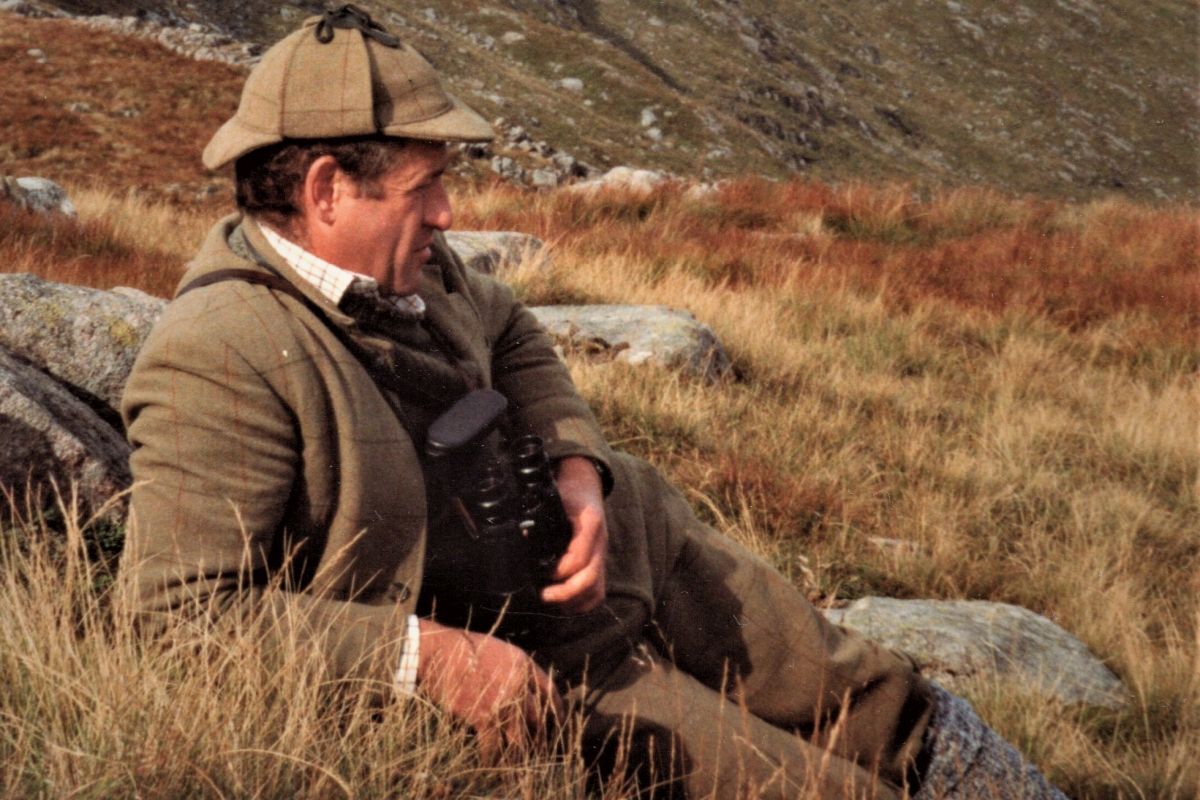
Imagine, for example, what a shepherd in an isolated glen had to contend with on returning home after a long, cold wet day on the moors.
No hot water, let alone a bath or a shower; a draughty, leaking thatched cottage with clay floors; a dour peat fire as the only source of heat to dry his clothes against; half a dozen or more half-naked, starving children living in a single room; a few salted herring and a handful of potatoes; emaciated cows and howling dogs under the same roof; hens roosting in the rafters above the humans; no medical services, no contraception; no security of tenure; no unemployment benefit or old age pension to look forward to, only the fear of a visit from the estate factor looking for a bigger rent and, finally, the local minister (the very man they trusted) urging them to emigrate because the laird, who paid his stipend, wanted his glen cleared.
Maybe we don’t have too much to complain about today after all!
Latest News
JOBS
Business Development Manager - Highland Broadband
Sign up to our daily Newsletter
Permission Statement
Yes! I would like to be sent emails from West Coast Today
I understand that my personal information will not be shared with any third parties, and will only be used to provide me with useful targeted articles as indicated.
I'm also aware that I can un-subscribe at any point either from each email notification or on My Account screen.
You may also like
Super yachts in West Highland waters
Heroes and a hymn from across the Atlantic
The vanishing red deer of the Highlands
Latest News
JOBS
Business Development Manager - Highland Broadband

